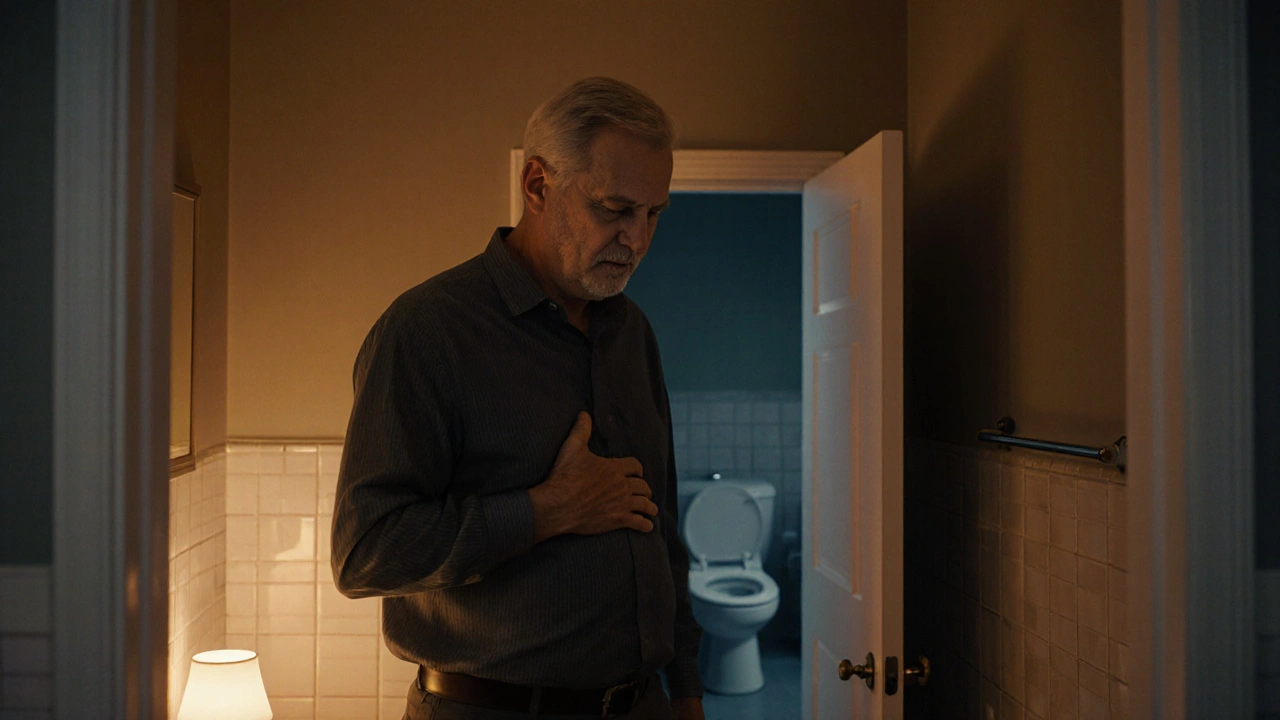Alternative Therapy: A Practical Overview
When talking about Alternative Therapy, non‑conventional approaches that aim to improve health without relying solely on prescription drugs. Also known as complementary medicine, it often includes Herbal Supplements, plant‑based products used to support wellness, Acupuncture, the insertion of fine needles at specific body points to balance energy, Homeopathy, highly diluted substances intended to trigger the body’s healing response and Mindfulness, mental practices that cultivate present‑moment awareness. People turn to these methods for everything from chronic pain to anxiety. Below you’ll see why alternative therapy matters in everyday health choices.
Herbal supplements are the oldest form of self‑care. Plants like Indian Gooseberry (Amla) or Alkanna provide antioxidants, support digestion, and can help regulate blood sugar. The key attributes are the active compounds—vitamins, flavonoids, or alkaloids—and the way they’re extracted. Quality matters: a reputable brand will list standardized extracts and third‑party testing. When you compare these supplements with conventional meds, you’ll notice they often have fewer side effects, but they can still interact with drugs like blood thinners or antidepressants. That’s why each product’s label should include dosage, contraindications, and source information.
Acupuncture works on a different principle. By stimulating specific points, practitioners aim to release endorphins and improve circulation. Typical sessions last 30‑45 minutes and involve a series of needles placed along meridians. Research shows it can reduce migraine frequency, ease arthritis pain, and even help with nausea during chemotherapy. The main attributes are needle depth, stimulation technique, and treatment frequency. Choosing a licensed acupuncturist ensures sterile equipment and adherence to safety standards, which is especially important for patients on blood‑thinning medication.
Homeopathy often sparks debate. Its core idea is “like cures like” and that a substance becomes more potent when diluted. Practitioners select a remedy that matches a patient’s overall symptom picture, not just the disease. The attributes include the dilution scale (C, X, LM) and the provings used to catalog symptoms. While many users report relief for coughs, allergies, or skin irritations, scientific reviews note mixed evidence. If you try homeopathy, verify the manufacturer’s compliance with pharmacopeia standards and keep a log of any changes in your regular medication regimen.
Mindfulness and other mind‑body practices are gaining mainstream acceptance. Techniques such as meditation, guided breathing, or yoga focus on the connection between mental state and physical health. The attributes are session length, frequency, and the type of guidance (recorded vs. instructor‑led). Studies link regular practice to lower cortisol, better sleep, and improved pain tolerance. Because these practices involve no ingestible substances, they’re safe for most people, but they can affect blood pressure and heart rate, so anyone with cardiovascular issues should start slowly and monitor responses.
One common thread across all these alternatives is the need for informed choices. Just as you’d compare generic Lipitor or Clindamycin with brand‑name drugs, you should weigh herbal dosage, acupuncture session cost, or homeopathic potency against your health goals. Many of our articles explain how to spot legit online pharmacies, read ingredient lists, and understand price differences—whether you’re buying cheap generic Wellbutrin or exploring a natural supplement.
Safety checks are simple but powerful: verify the practitioner’s credentials, ensure supplements have batch testing, and always discuss new therapies with your primary doctor. This helps avoid unexpected interactions, especially if you’re on blood pressure meds like Lisinopril or cholesterol drugs like Atorvastatin. Knowing the attributes—like dosage strength for herbal extracts or needle depth for acupuncture—lets you tailor the approach to your specific condition, be it diabetes, chronic pain, or mental health.
Below you’ll find a curated list of articles that cover these options in depth. From side‑by‑side drug comparisons to step‑by‑step guides on buying affordable meds online, the collection gives you practical tools to decide which alternative or conventional route fits your lifestyle best. Keep reading to discover detailed insights, cost‑saving tips, and safety advice that can help you make confident health decisions.

Acupuncture Benefits for Men with Benign Prostatic Hyperplasia
- 20 Comments
- Oct, 13 2025
Discover how acupuncture can ease BPH symptoms, improve urinary flow, and reduce medication reliance for men seeking a natural, low‑risk option.




